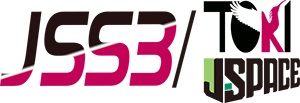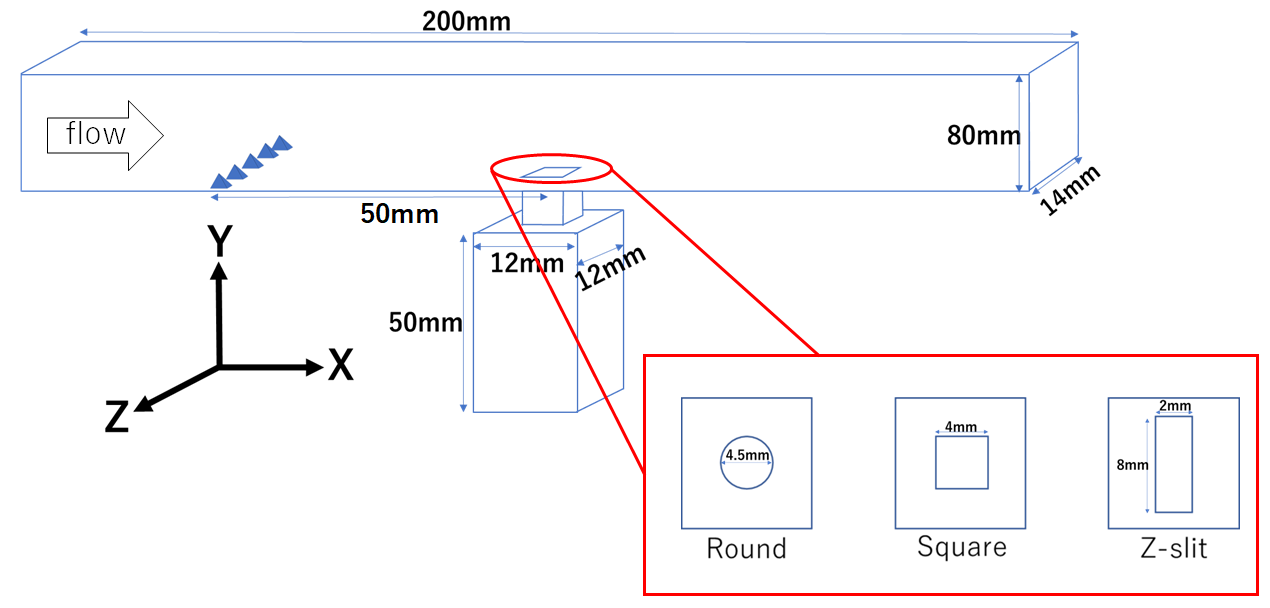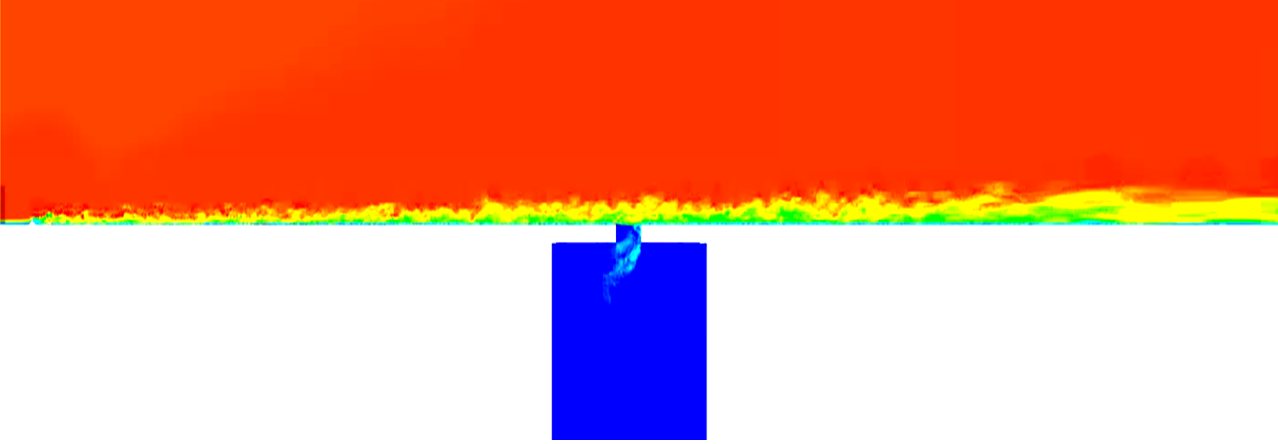Acoustic Liner Program for High-bypass-ratio Aricraft engines
JAXA Supercomputer System Annual Report February 2022-January 2023
Report Number: R22EDA101P00
Subject Category: Aeronautical Technology
- Responsible Representative: Tatsuya Ishii, Aviation Technology Directorate, Aviation Environmental Sustainability Innovation Hub
- Contact Information: Junichi Oki(oki.junichi@jaxa.jp)
- Members: Shunji Enomoto, Junichi Oki, Shimpei Suzuki, Daisuke Sasaki
Abstract
The trend in turbofan engines is towards higher bypass ratio and shorter nacelles. The eigne noise will increase due to smaller sound absorption area resulting from shorter nacelles. We aim to develop next-generation acoustic liner technologies that achieve both noise reduction and fuel efficiency and mainly focus on aerodynamic drag reduction on the liner surface.
Reference URL
N/A
Reasons and benefits of using JAXA Supercomputer System
To perform computationally expensive turbulent analysis.
Achievements of the Year
Our numerical analysis concerns flow fields around resonant acoustic liners consisting of a hole, a honeycomb core, and a rigid backplate. In order to investigate the effect of liner hole geometries, Large Eddy Simulation (LES) was performed with the three different hole geometries as shown in Fig.1, and Mach number of the main flow inside the duct was set to 0.3. The instantaneous velocity field is shown in Fig.2, and the time-averaged velocity fields for each hole geometry are shown in Fig.3. It is clear that the parforation in the main flow direction affects the flow field inside the hole and the aerodynamic drag on the liner surface.
Publications
N/A
Usage of JSS
Computational Information
- Process Parallelization Methods: MPI
- Thread Parallelization Methods: OpenMP
- Number of Processes: 48
- Elapsed Time per Case: 90 Hour(s)
JSS3 Resources Used
Fraction of Usage in Total Resources*1(%): 0.09
Details
Please refer to System Configuration of JSS3 for the system configuration and major specifications of JSS3.
| System Name | CPU Resources Used(Core x Hours) | Fraction of Usage*2(%) |
|---|---|---|
| TOKI-SORA | 2237572.37 | 0.10 |
| TOKI-ST | 14688.22 | 0.01 |
| TOKI-GP | 0.00 | 0.00 |
| TOKI-XM | 0.00 | 0.00 |
| TOKI-LM | 0.00 | 0.00 |
| TOKI-TST | 0.00 | 0.00 |
| TOKI-TGP | 0.00 | 0.00 |
| TOKI-TLM | 0.00 | 0.00 |
| File System Name | Storage Assigned(GiB) | Fraction of Usage*2(%) |
|---|---|---|
| /home | 524.36 | 0.47 |
| /data and /data2 | 138996.41 | 1.07 |
| /ssd | 10700.51 | 1.48 |
| Archiver Name | Storage Used(TiB) | Fraction of Usage*2(%) |
|---|---|---|
| J-SPACE | 20.86 | 0.09 |
*1: Fraction of Usage in Total Resources: Weighted average of three resource types (Computing, File System, and Archiver).
*2: Fraction of Usage:Percentage of usage relative to each resource used in one year.
ISV Software Licenses Used
| ISV Software Licenses Used(Hours) | Fraction of Usage*2(%) | |
|---|---|---|
| ISV Software Licenses(Total) | 385.31 | 0.27 |
*2: Fraction of Usage:Percentage of usage relative to each resource used in one year.
JAXA Supercomputer System Annual Report February 2022-January 2023





